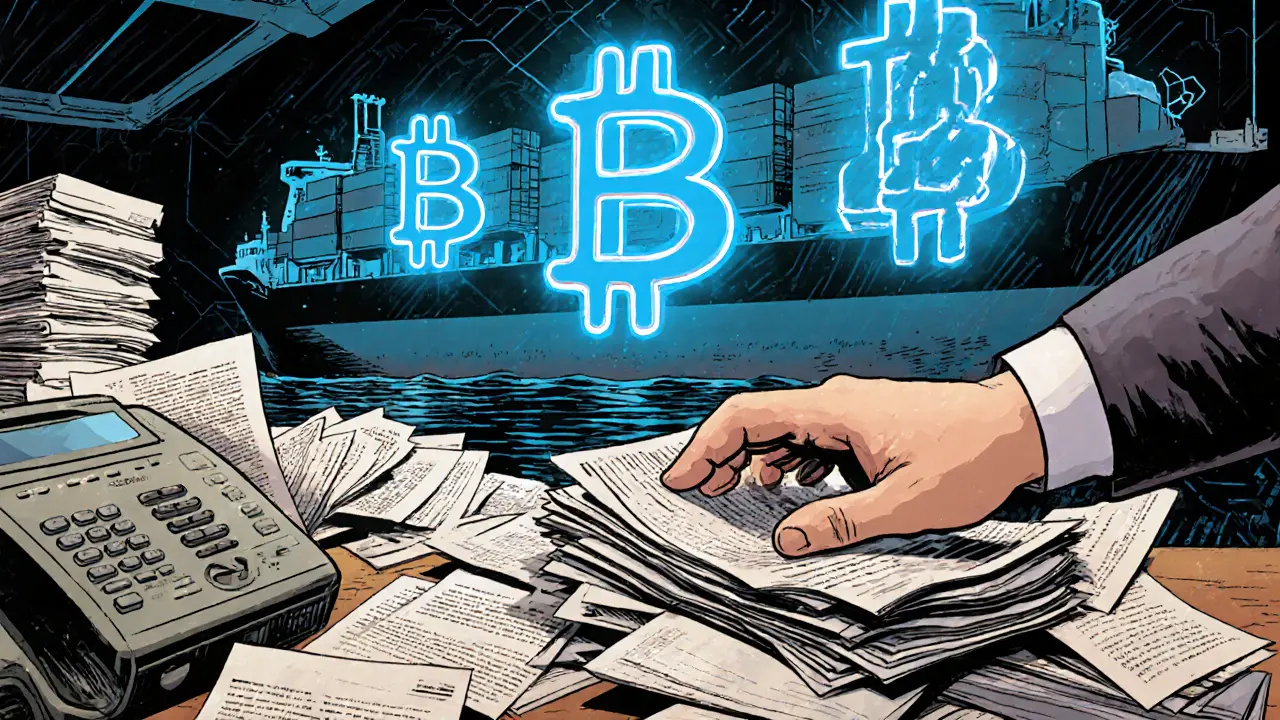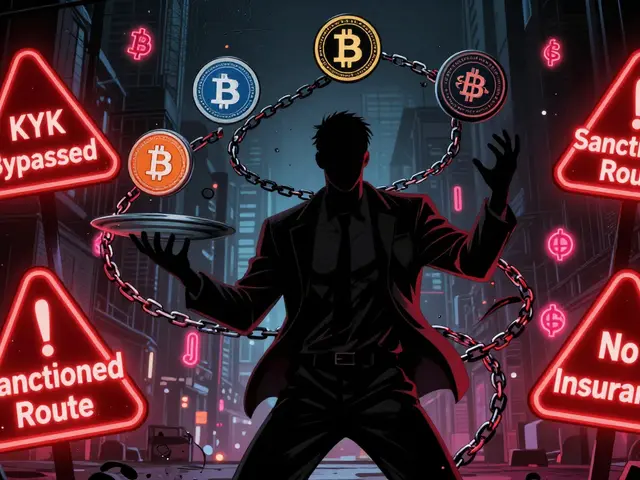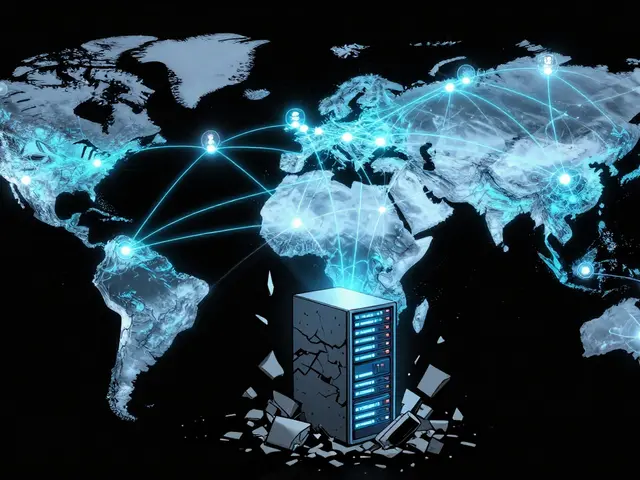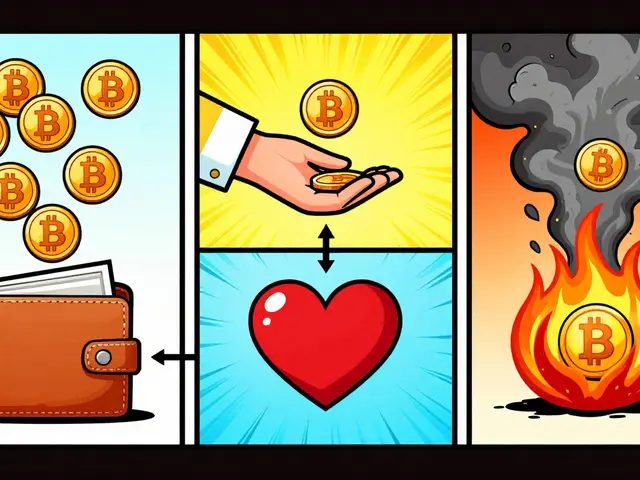Blockchain Logistics: How Decentralized Tech Is Changing Supply Chains
When you think of blockchain logistics, the use of blockchain technology to track goods, verify shipments, and automate payments across supply chains. Also known as supply chain blockchain, it’s not just about crypto—it’s about making sure a box of medicine, a shipment of coffee, or a batch of electronics actually gets where it’s supposed to, without being lost, forged, or delayed. Unlike old paper-based systems, blockchain logs every step in a shared, unchangeable record. No single company owns it. Everyone with access sees the same data. That cuts out middlemen, reduces fraud, and speeds things up.
That’s why blockchain AML, using blockchain data to detect and prevent money laundering in financial and trade flows is growing fast. Regulators and businesses now use blockchain analytics, software tools that trace crypto transactions and link them to real-world entities to spot suspicious activity. In countries like Russia and Iran, where sanctions make traditional banking risky, blockchain logistics helps move goods without relying on banks. In Nigeria and Argentina, traders use crypto to bypass broken payment systems—sometimes the same tech that tracks a shipment also handles the payment. And when you combine that with decentralized identity, a system where users control their own digital credentials without relying on central authorities, you get a supply chain where every vendor, shipper, and customs agent can prove who they are—without handing over sensitive data to a third party.
It’s not science fiction. It’s happening now. From crypto exchanges needing to prove they’re not laundering funds, to food brands tracking organic produce from farm to shelf, blockchain logistics is solving real problems. The posts below show how this plays out in the wild: how stablecoins keep trade flowing under sanctions, how AML tools catch bad actors on DeFi platforms, and how countries like the UK and UAE are building rules to make it all work legally. You’ll see real cases—like how Iran’s Nobitex platform ties into global trade, or how Russia’s mining laws help dodge financial blocks. No fluff. Just what’s working, what’s risky, and what you need to know if you’re dealing with global trade, crypto, or digital assets.







